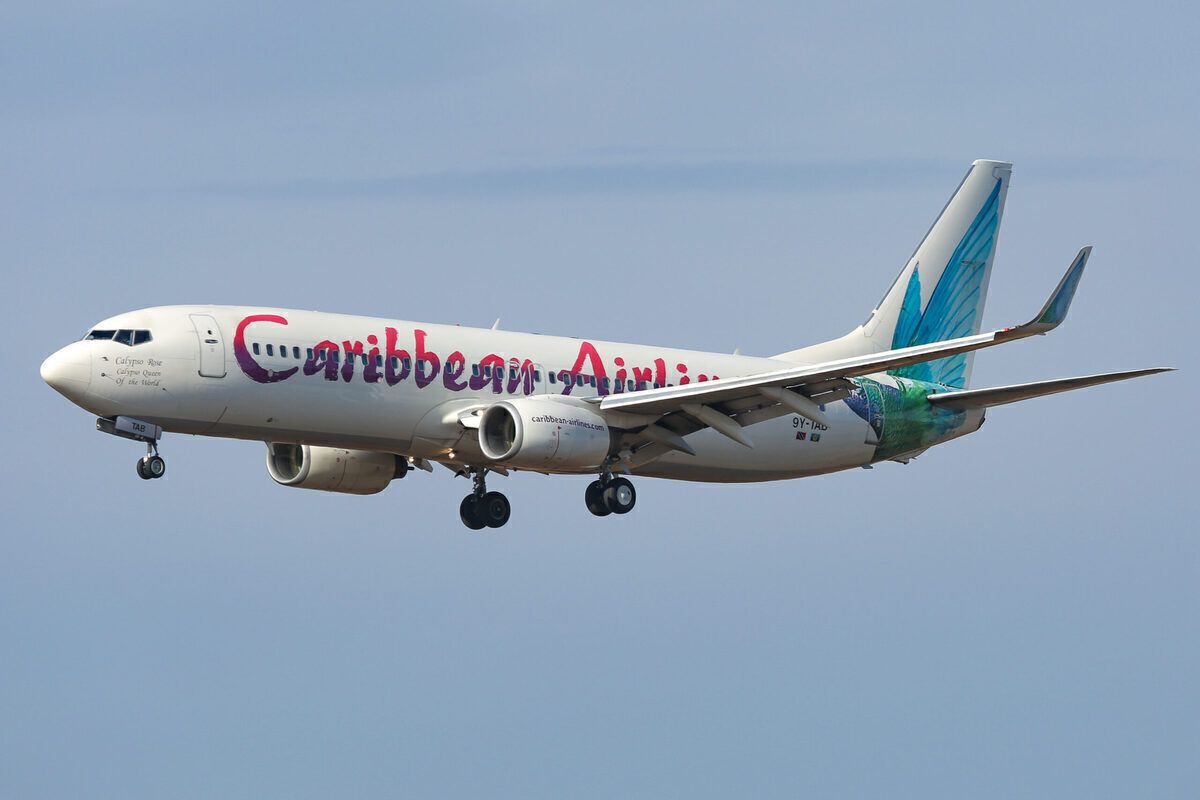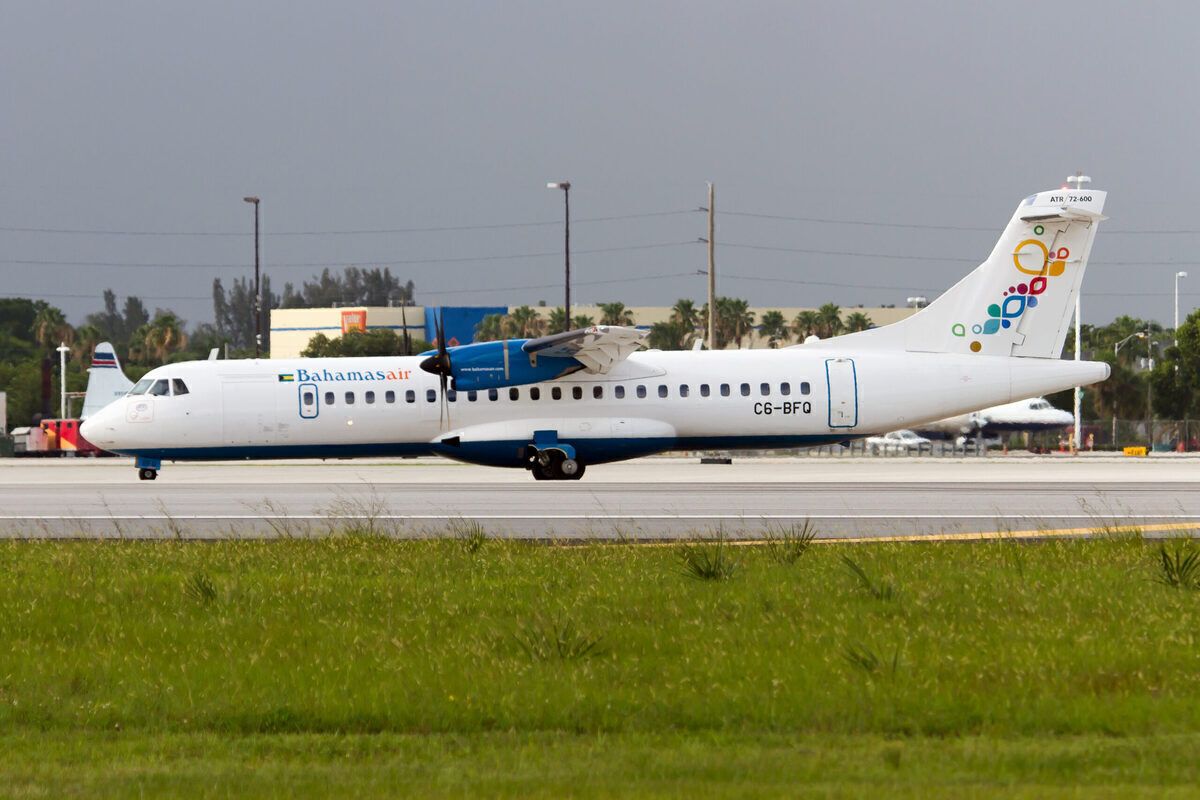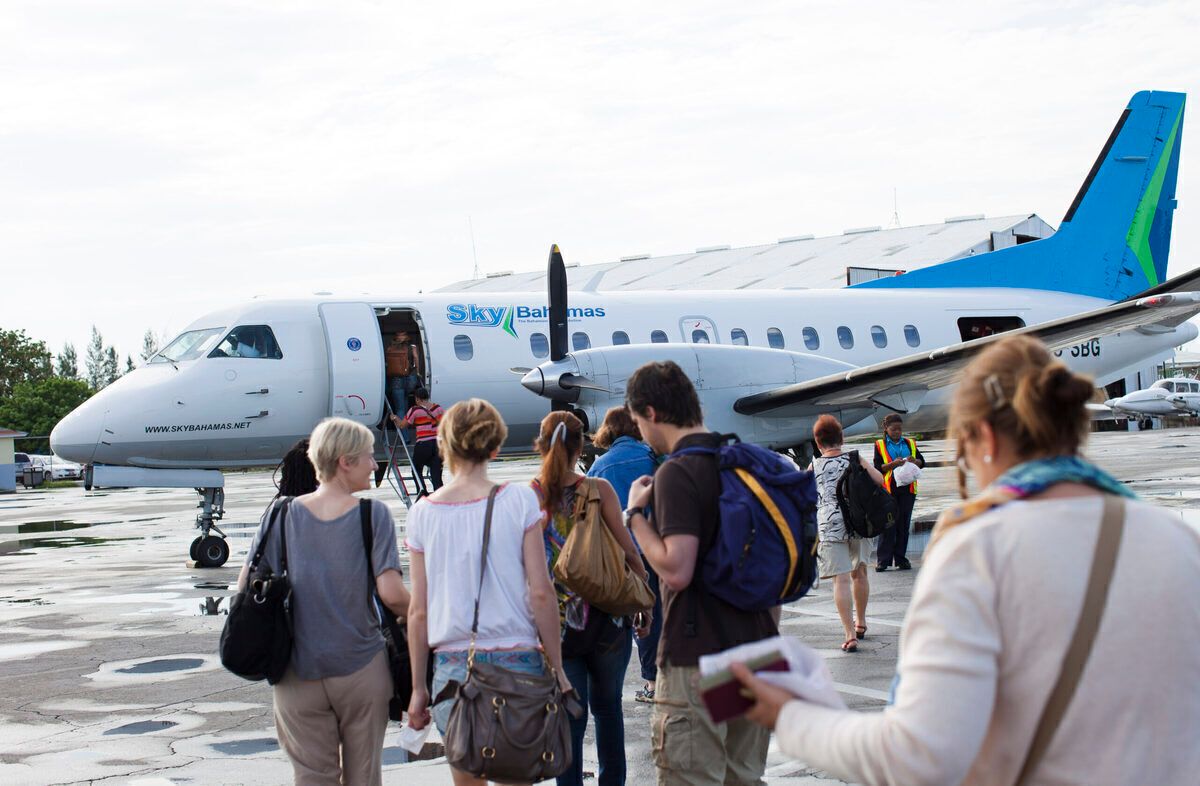Like elsewhere in the world, the Caribbean is currently facing an air transport crisis due to the COVID-19 pandemic. The region is yet to fully reactivate the commercial service of the many airlines that operate there. Nevertheless, the Caribbean must find a way to do so because no other region in the world is so heavily dependent on air travel for social and economic reasons.
A quick outlook of the Caribbean
During a Caribbean Islands Panel, organized by CAPA and hosted by the International Air Travel Association’s (IATA) regional vice-president for the Americas, Peter Cerdá, several industry members discussed the current status of the Caribbean.
According to IATA, the air travel industry provides US$36 billion in GDP to the Caribbean. It also creates 1.6 million jobs, nearly 14% of the whole travel economy in the region.
Before the pandemic, the region had more connectivity than ever, with over 540 city-pair connections to all parts of the world. Since COVID hit the world, the Caribbean lost about 423 of those city pairs. It still has yet to recover all its connectivity.
The regional airlines have suffered quite a lot due to the pandemic. For instance, the Antigua and Barbuda airline LIAT nearly disappeared; the Dutch Government gave a US$3 million mortgage loan to Windward Islands Airways (Winair), and Cubana de Aviación is in the worst financial situation ever.
Peter Cerdá said,
“The Caribbean island states don’t have the luxury of mainland continents, of roads and train systems. They’re highly dependent on air travel connectivity within the region, within the island states, as well as connecting to North America, Europe, and Latin America.”
Stay informed: Sign up for our daily and weekly aviation news digests.
How can the Caribbean restore air travel?
The Barbados Minister of Transport, Lisa Cummings, gave its four pillars to resume the air travel industry in the Caribbean.
These four pillars are coordination around proactive and reactive measures, identification of minimum standards, balance about quarantining and testing, and access to the technology and testing resources.
Nevertheless, coordination between governments is something that the Caribbean has lacked over the last year. Every country in the region has its own set of rules regarding the control of the COVID-19 pandemic. Tracy Cooper, CEO of Bahamasair, said,
“We recognize that every country is unique within the Caribbean, and they have their own issues. But if we would have been using more the Caribbean Community (CARICOM), it would make it simpler for the wider global community to understand what and how it is to get it and around each of these countries.”
What data tells us about the recovery?
In June, a total of 66 airlines are operating flights to the Caribbean region, according to data provided by Cirium. They’ll be offering 39,959 flights, with over five million monthly seats. The leading operator will be JetBlue with over 7,280 flights, followed by American Airlines with 6,511. In third place, Cape Air will offer 2,453 flights.
Compared to 2019, the Caribbean is still 33% down in the number of flights and 25% in the number of seats. That year, 85 airlines were operating in the region, with JetBlue and American also as the top players.
Currently, several Caribbean governments are shifting their COVID-19 travel restrictions to allow the US vaccinated travelers to leisure there. For instance, Barbados launched new vaccinated protocols on May 9, prioritizing US travel, said Cummings. Also, Virgin Atlantic, Barbados, and IATA are trailing IATA’s Travel Pass on its route from London Heathrow.
Are you planning to visit the Caribbean any time soon? Let us know in the comments below.



